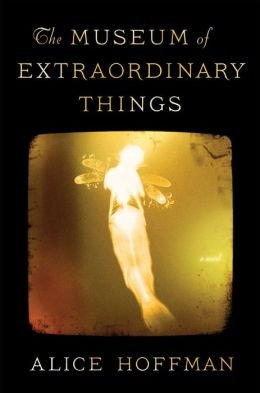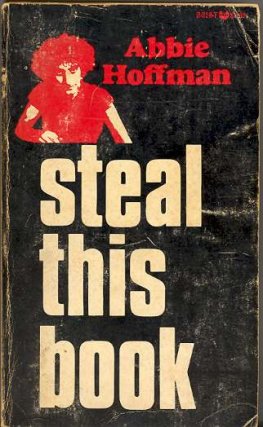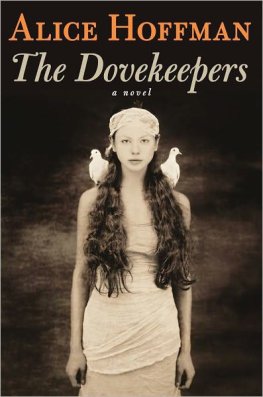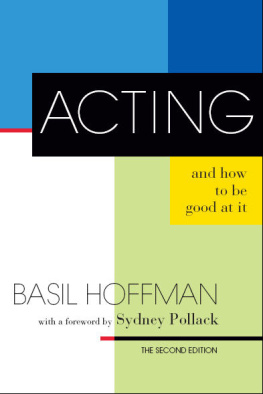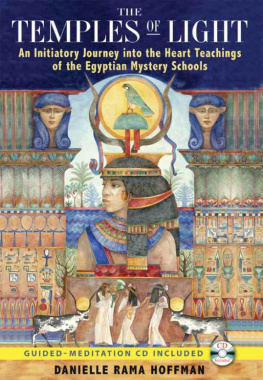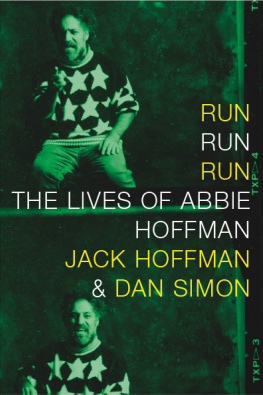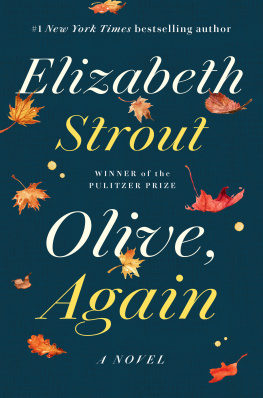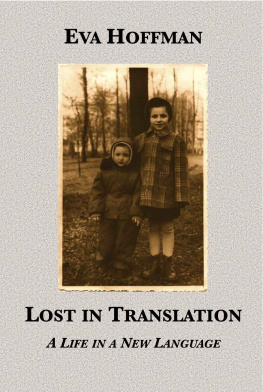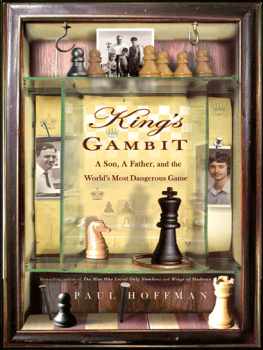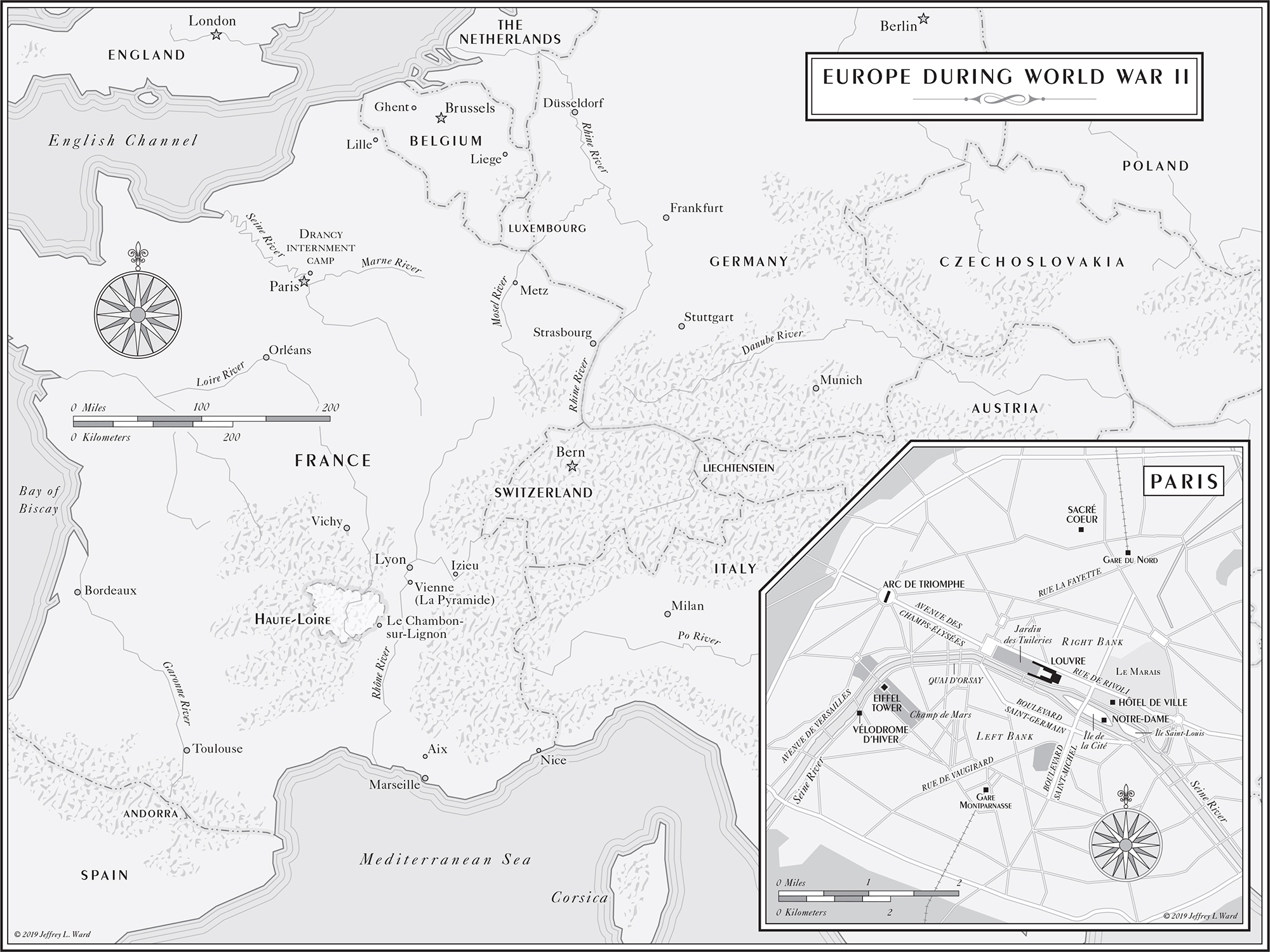Thank you for downloading this Simon & Schuster ebook.
Get a FREE ebook when you join our mailing list. Plus, get updates on new releases, deals, recommended reads, and more from Simon & Schuster. Click below to sign up and see terms and conditions.
CLICK HERE TO SIGN UP
Already a subscriber? Provide your email again so we can register this ebook and send you more of what you like to read. You will continue to receive exclusive offers in your inbox.
Can you tell me the way then, and I will seek you...
Yes, you may do that, said he; but there is no way thither. It lies east of the sun, and west of the moon, and never would you find your way there.
East of the Sun, West of the Moon
The strangers in your midst shall be to you as the native-born, for you know the strangers heart, for you were strangers in the land of Egypt.
Exodus 23:9
PART ONE

194142
CHAPTER ONE
EAST OF THE SUN

BERLIN, SPRING 1941
I F YOU DO NOT BELIEVE in evil, you are doomed to live in a world you will never understand. But if you do believe, you may see it everywhere, in every cellar, in every tree, along streets you know and streets youve never been on before. In the world that we knew, Hanni Kohn saw what was before her. She would do whatever she must to save those she loved, whether it was right or wrong, permitted or forbidden. Her husband, Simon, was murdered on a winter afternoon during a riot outside the Jewish Hospital on Iranische Strasse, which was miraculously still functioning despite the laws against the Jews. He had spent the afternoon saving two patients lives by correcting the flow of blood to their hearts, then at a little past four, as a light snow was falling, he was killed by a gang of thugs. They stole the wedding ring from his finger and the boots from his feet. His wife was not allowed to go to the cemetery and bury him, instead his remains were used for animal feed. Hanni tore at her clothes, as tradition dictated; she covered the mirrors in their apartment and sat in mourning with her mother and daughter for seven days. During his time as a doctor Simon Kohn had saved 720 souls. Perhaps on the day that he left Olam HaZeh, the world that we walk through each living day, those who had been saved were waiting for him in Olam HaBa, the World to Come. Perhaps his treatment there, under the eyes of God, was that which he truly deserved. As for Hanni, there was not enough room in the world for the grief that she felt.
In Berlin evil came to them slowly and then all at once. The rules changed by the hour, the punishments grew worse, and the angel in the black coat wrote down so many names in his Book of Death there was no room for the newly departed. Each morning people needed to check the ever-changing list of procedures to see what they were allowed to do. Jews were not allowed to have pets or own radios or telephones. Representatives from the Jewish community center had recently gone through the neighborhood asking people to fill out forms with their names and addresses, along with a list of all of their belongings, including their underwear, their pots and pans, their silverware, the paintings on the walls, the nightgowns in their bureau drawers, their pillows, the rings on their fingers. The government said they must do so in order for proper records of valuables to be made during a time of reorganization under the Nazi regime, but this was not the reason. It was easy to lie to people who still believed in the truth. Only days afterward, each person who had filled out this list was deported to a death camp.
As the months passed, the world became smaller, no larger than ones own home. If you were lucky, a couch, a chair, a room became the world. Now, as spring approached, Jewish women were no longer allowed on the street except for the hour between four and five in the afternoon. They filed out of their houses all at once, stars sewn to their coats, searching for food in a world where there was no food, with no money to buy anything, and yet they lingered in the blue air, startled by the new leaves on the trees, stunned to discover that in this dark world spring had come again.
On this day, Hanni was among them. But she was not looking to buy anything. That was not where fate had led her. In a matter of months, Hanni had become a thief. She was fairly certain that her crimes wouldnt stop there, and if people wished to judge her, let them. She had a mother who was unable to leave her bed due to paralysis and a twelve-year-old daughter named Lea, who was too smart for her age, as many children now were. She looked out the window and saw there were demons in the trees. The stories Hannis mother had told her as a child had now been told to Lea. They were tales to tell when children needed to know not all stories ended with happiness. Girls were buried in the earth by evil men and their teeth rose up through the mud and became white roses on branches of thorns. Children were lost and could never find their way home and their souls wandered through the forest, crying for their mothers.
Grandmother was called Bobeshi. She had been born in Russia and in her stories wolves ruled the snowy forests, they knew how to escape from the men on horseback who carried rifles and shot at anything that moved, even the angels. Lea was a shy, intelligent girl, always at the top of her class when school had been in session and Jews were allowed to attend. She sat close to Bobeshi while the old woman told how as a girl she had walked alone to a great, rushing river to get water each morning. Once a black wolf had approached her, coming so close she could feel his breath. They had stared at each other, and in that moment shed felt that she knew him and that he knew her in return. In stories a wolf might have torn her to shreds, but this one ran back through the trees, a beautiful black shadow with a beating heart. A wolf will seldom attack, Bobeshi always said, only when it is wounded or starving. Only when it must survive.

Hanni Kohn was not the sort of person to give in to demons, although she knew they now roamed the streets. Everywhere there were ruach raah, evil spirits, and malache habbala, angels of destruction. Her husband had saved so many people she refused to believe his life had meant nothing. It would mean, she had decided, that no matter what, their daughter would live. Lea would live and she would save more souls, and so it would go, on and on, until there was more good in the world than there was evil. They could not let it end this way. Hanni had no choice but to survive until their daughter was safe. She found ruined gardens and dug in the earth for young onions and shallots, from which she fashioned a family recipe called Hardship Soup, made from cabbage and water, a food that sustained them while others were starving, She went out after curfew to cut branches from bushes in the park so they might have wood to burn in their stove even though the smoke was bitter. Dressed all in black so that she would be nearly invisible, she ventured into the muck of the river Spree, where she caught fish with her bare hands, even though doing so was a serious offense punishable by lashings and prison and deportation. The fish sighed in her hands, and she apologized for taking their lives, but she had no choice, and she fried them for dinner. She was a wolf, from a family of wolves, and they were starving.
Next page

